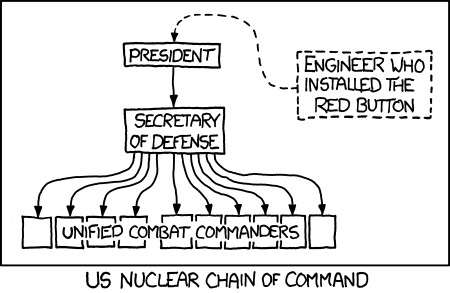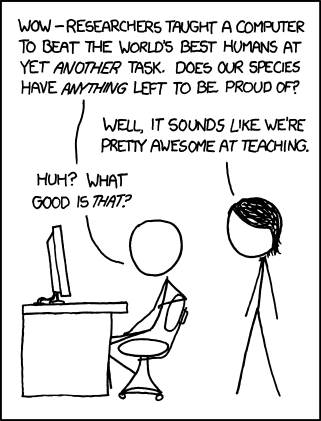This gem from Euan Semple made the rounds earlier this summer. I was too busy then to do more than note it.
Ten ways to create a knowledge ecology
TUESDAY, JUNE 28, 2011 AT 7:08AM
A tweet yesterday prompted me to remember sage advice from Dave Snowden which I took to heart in my work with social tools at the BBC. “You can’t manage knowledge but you can create a knowledge ecology”. I thought it might be useful to others to list the ten most important things I learned about doing this.
1, Have a variety of tools rather than a single system. Not everyone sees the world the same way or has the same needs so mixing up different tools with different strengths allows people to find one that works for them. Avoid single platforms like the plague.
2. Don’t have a clear idea where you are headed. The more fixed you are in your aspirations for your ecology the less likely you are to achieve them. Be prepared to go where people’s use of the tools takes you and enjoy the ride.
3. Follow the energy. Watch where the energy in the system is and try to copy the factors that generated it. Get others interested in why energy emerges and they will want some of it themselves.
4. Be strategically tactical. You can have an overall strategy of behaving in certain ways depending on how your ecology develops. It is possible to sell this as a strategy to those who need strategies.
5. Keep moving, stay in touch, and head for the high ground. Keep doing things, keep talking about what you are doing and why, and have a rough idea of where the high ground is.
6. Build networks of people who care. Don’t try to manage your ecology by committee but cultivate communication and trust between those who care that it works and have the commitment to do something about it – whoever they are and whatever their role.
7. Be obsessively interested. Notice everything that happens and consider why. Tell great stories about what you are observing.
8. Use the tools to manage the tools. Blog about what is going on with your corporate blogging, ask questions in your forum about security, tweet when something is changing in your ecology and ask people why it is interesting.
9. Laugh when things go wrong. If you are pushing limits and exploring new territory things will occasionally blow up in your face. Having a sense of humour and enjoyment of the absurd will help you stay sane.
10. Unleash Trojan Mice. Don’t do big things or spend loads of money. Set small, nimble things running and see where they head.
(– The Obvious? – Ten ways to create a knowledge ecology)
The paradox of organic approaches to change is that while they appear to be simple and mundane, they also appear to be the only thing that works with any regularity in complex situations. For all the rhetoric of bold plans and audacious goals, the reality is that most change occurs inch-by-inch.


